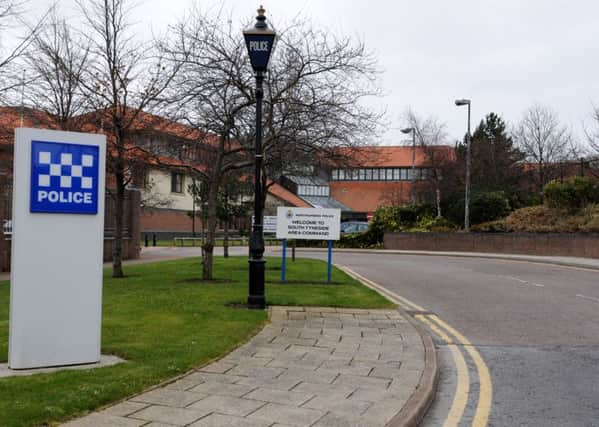Police staff faced misconduct probe after tragic cell death of Martin Leck


An inquest found that a raft of police failings contributed to the death of 34-year-old Martin Leck on Friday, March 22, 2013.
Coroner Terence Carney criticised officers ‘lack of understanding’ of rousing prodecures used to wake drunken detainees - and ensure their breathing levels were appropriately managed.
Advertisement
Hide AdAdvertisement
Hide AdA jury panel concluded that officers at South Shields Police Station ‘missed opportunities’ to identify chronic alcoholic Mr Leck as drunk and incapable and send him for immediate medical treatment.
Detention officers had concluded he was well enough to be locked up in a cell after his arrest for being drunk and disorderly.
But just over two hours after he was detained, Mr Leck was found unconscious in his cell.
He was transported to South Tyneside Hospital, where he was sadly pronounced dead.
Advertisement
Hide AdAdvertisement
Hide AdNorthumbria Police have said two members of staff were hit with misconduct procedures following an investigation by the Independent Police Complaints Commission.
Northumbria Police refused to reveal the identity of the two staff members or the outcome of the misconduct charges they faced.
They say safety improvements have been rolled in the wake of Mr Leck’s death.
The force said in a statement: “We accept the findings of the inquest.
Advertisement
Hide AdAdvertisement
Hide Ad“The Independent Police Complaints Commission carried out an investigation into Mr Leck’s death and as a result two members of staff have faced misconduct procedures.
“We take deaths in custody very seriously and when this incident occurred we took action to make changes to ensure the safety and welfare of detainees.
“Nurses are now based in our custody suites 24/7 and staff have been fully trained in the care of detainees, in particular those people who are alcohol dependent.
“Regular professional development training is provided to staff to ensure this remains at the forefront of their role. People in detention who are alcoholics or alcohol dependent are closely observed with physical checks every 15 minutes and are assessed by a medical professional.
Advertisement
Hide AdAdvertisement
Hide Ad“If any concerns are raised they are taken to hospital for assessment and treatment.
“We have worked closely with the NHS and Newcastle University to improve the way we carry out risk assessments which is now over and above the nationally prescribed standards and we ensure as much information as possible is obtained to allow staff to make better decisions.
We have introduced new technology which allows staff to have more time to focus on the welfare of prisoners meaning detainees needs are better attended to.
Our number one priority is ensuring the welfare of detainees and that our staff are fully trained and have the knowledge to be able to provide the best possible care to those who come into our custody.